A Solemn Pleasure: To Imagine, Witness, and Write
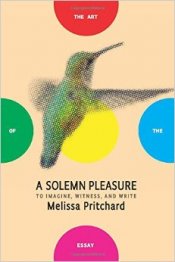
Author Melissa Pritchard puts forth the question: "Why write?" Through fifteen inspiring essays, the book examines the power of language and the nurturing constancy of the writing life.
Jump to navigation Skip to content
From the newly published to the invaluable classic, our list of essential books for creative writers.

Author Melissa Pritchard puts forth the question: "Why write?" Through fifteen inspiring essays, the book examines the power of language and the nurturing constancy of the writing life.
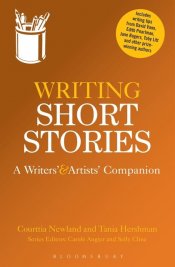
Writers Courttia Newland and Tania Hershman offer an essential guide to writing short fiction successfully. The book explores the history of the form, how to get started with ideas and shape plots, as well as tips by leading short story writers.
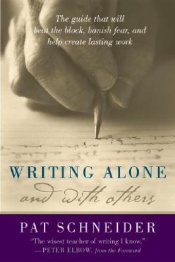
Pat Schneider offers an in-depth description of the Amherst Writers and Artists workshop method, and discusses various techniques for writing fiction and poetry. Schneider shares from her teaching experience the methods used in writing classes and community groups.
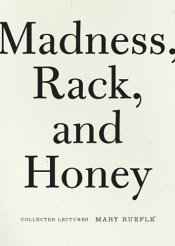
The lectures in this collection by poet Mary Ruefle were delivered to a group of poetry graduate students over the course of fifteen years. A finalist for the 2012 National Book Critics Circle Award, the lectures include "Poetry and the Moon," "Someone Reading a Book is a Sign of Order in the World," and "Lectures I Will Never Give."
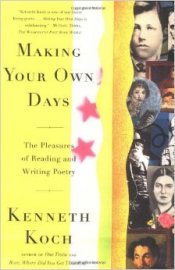
The late prize-winning author Kenneth Koch muses on the nature of poetic inspiration, how poems are written and revised, and what happens in the mind while reading a poem. Koch also discusses over ninety works of poetry from poets such as Homer, Sappho, Federico García Lorca, Gary Snyder, and John Ashbery.
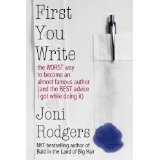
Author of the bestselling memoir Bald in the Land of Big Hair, Joni Rodgers shares words of wisdom for aspiring writers and her opinions on where the publishing industry is headed.
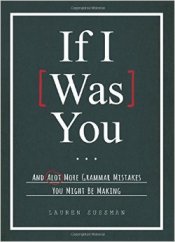
English professor Lauren Sussman provides the tools necessary to correct the common grammatical mistakes we all make. This handbook covers everything from verbs and pronouns to punctuation and sentence structure.
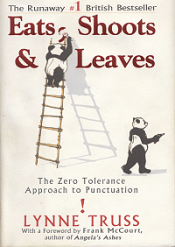
Author and former editor Lynne Truss emphasizes the importance of using semicolons, commas, and other punctuation properly. Truss's historical anecdotes and witty examples make learning these rules enjoyable.
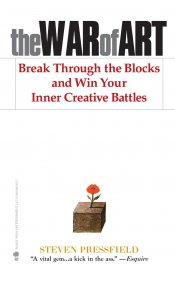
Author Steven Pressfield offers a practical guide to identify the enemy within and create a "battle plan" to overcome the obstacles faced in creative endeavors.
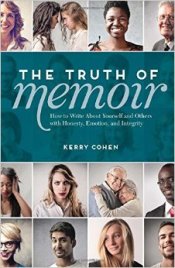
Author and memoirist Kerry Cohen offers advice and provides guidelines for depicting the characters in your memoir with honesty and compassion, including how to choose which secrets to reveal and how to render the people in your life artfully on the page.
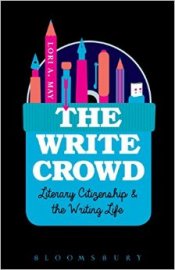
The Write Crowd offers tips and examples of how writers contribute to the literary community, the success of others, and their own well-rounded writing life.
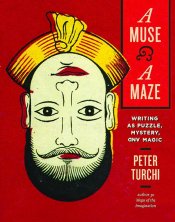
In the follow-up to Maps of the Imagination: Writer as Cartographer, Peter Turchi presents the similarities between writing and puzzle-making, as well as puzzle-solving.
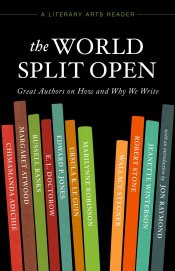
Tin House Books has compiled an anthology of speeches made by renowned authors and storytellers from the lecture series at Literary Arts, which celebrates its thirtieth anniversary this year. Featured writers include Ursula K. Le Guin, Margaret Atwood, and Wallace Stegner.
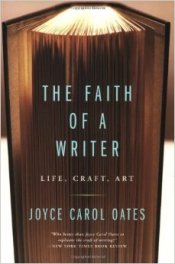
Award-winning author Joyce Carol Oates answers essential questions about narrative craft, and provides valuable lessons on how language, ideas, and experience come together to create a work of art.
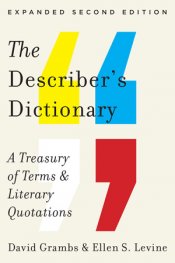
Unlike your typical dictionary, this one concerns itself primarily with the observable—from shapes, to buildings, to people. With a reverse definition-to-term format, it is easy to find the descriptive word you're seeking. This expanded and updated edition includes examples of passages from authors including Khaled Hosseini, Zadie Smith, and Donna Tartt.
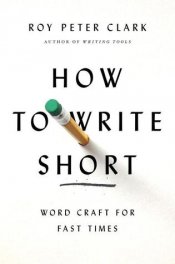
Journalist and educator Roy Peter Clark offers examples from the tradition of short-form writing to help writers produce well-crafted prose with a limited word count.

Through personal stories, award-winning author Maxine Clair offers insight into the creative process, how to find your creative outlet, and how to trust moments of inspiration.
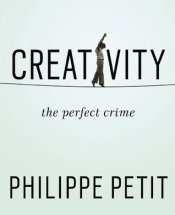
Author and high-wire artist Philippe Petit, best known for his walk between the Twin Towers of the World Trade Center in New York City in 1974, shares his unconventional strategies and methods of practicing, problem-solving, and perfecting his craft. The ideas offered can be applied to various creative outlets including writing, music, and dance.
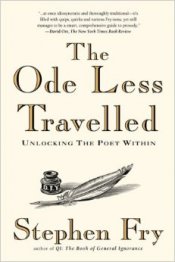
Actor and writer Stephen Fry invites reluctant and aspiring poets to discover writing poetry for pleasure and provides insights, exercises, and simple step-by-step advice.
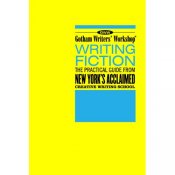
Techniques taught by the renowned Gotham Writers' Workshop were compiled by the school's president, Alexander Steele. Included are explanations of the fundamental elements of fiction, writing exercises, and the complete text of Raymond Carver's short story Cathedral.
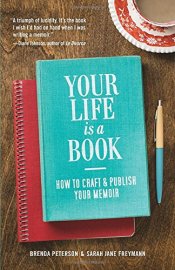
Memoirist Brenda Peterson and literary agent Sarah Jane Freymann offer advice on crafting a memoir culled from decades of experience. Also included are writing exercises, interviews with publishing experts, and information about indie publishing.
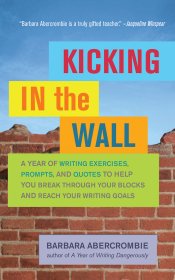
Author and writing instructor Barbara Abercrombie provides a year’s worth of writing exercises and prompts, as well as inspiring quotes and examples, to help writers break through the blocks that impede their writing progress.
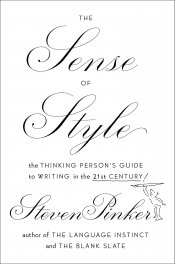
As a professor of psychology at Harvard University, Steven Pinker approaches the English language from a scientific perspective. In The Sense of Style he provides examples, evidence, and reasoning to help writers apply the guidelines of usage judiciously and to craft clear, concise prose.
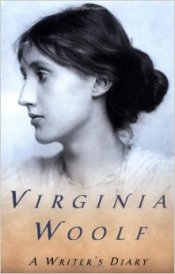
A Writer's Diary contains entries culled from Virginia Woolf's personal records, which she kept over a span of twenty-seven years. Included are writing exercises, notes on books she was reading, and accounts of people and scenes relevant to what she was writing at the time.
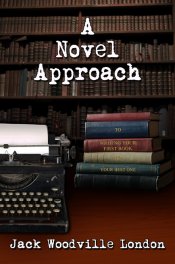
In A Novel Approach, Jack Woodville London offers advice to beginning and experienced writers on putting together the pieces that make up a well-crafted novel.